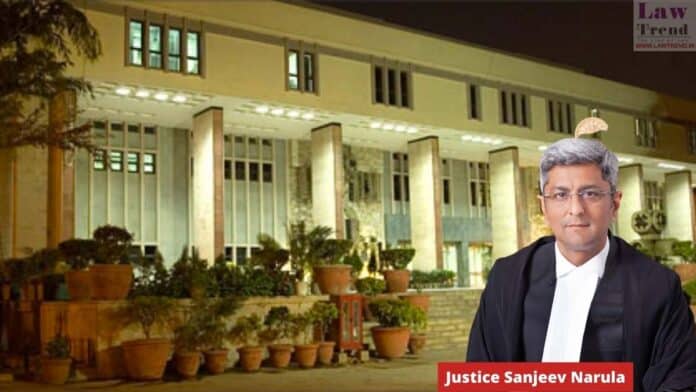The Delhi High Court has granted regular bail to a husband accused in a dowry death case, observing that the audio recording relied upon by the prosecution prima facie reflected marital quarrels but did not contain any specific reference to dowry demands. Justice Sanjeev Narula allowed the bail application filed under Section 483 of the
To Read More Please Subscribe to VIP Membership for Unlimited Access to All the Articles, Download Available Copies of Judgments/Order, Acess to Central/State Bare Acts, Advertisement Free Content, Access to More than 4000 Legal Drafts( Readymade Editable Formats of Suits, Petitions, Writs, Legal Notices, Divorce Petitions, 138 Notices, Bail Applications etc.) in Hindi and English.




